No apology from Boris Johnson over Thatcher coal mine closures remark
- Published
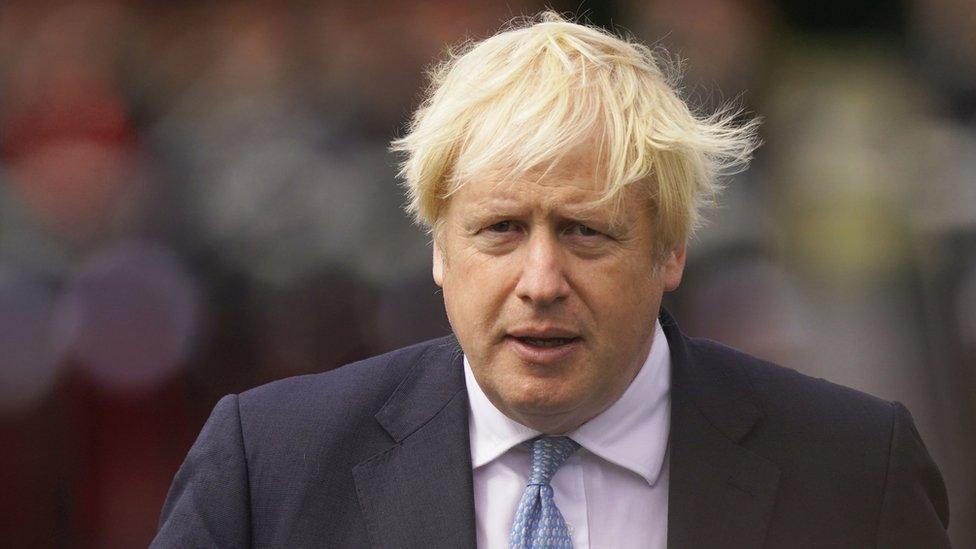
Boris Johnson has declined to apologise amid a backlash over his remarks about coal mine closures under former premier Margaret Thatcher.
The PM has faced demands to say sorry after claiming the shutdowns in the 1980s gave the UK a "big early start" in fighting climate change.
Opposition MPs have called the comments offensive to former mining communities.
The PM's spokesman said he recognises the "huge impact and pain" of closures, but did not offer an apology.
Visiting a Scottish wind farm on Thursday, Mr Johnson told reporters: "Thanks to Margaret Thatcher, who closed so many coal mines across the country, we had a big early start and we're now moving rapidly away from coal altogether."
He is reported to have laughed and added: "I thought that would get you going."
Scotland's First Minister Nicola Sturgeon said Mr Johnson's remarks were "crass and deeply insensitive" to mining communities.
She tweeted: "Lives and communities in Scotland were utterly devastated by Thatcher's destruction of the coal industry (which had zero to do with any concern she had for the planet)."
Labour's shadow foreign secretary Lisa Nandy had called for an apology on Thursday, calling the PM's comments "shameful".
Former miner reacts to Johnson's coal mine comments
Asked on Friday if the PM would be apologising, his official spokesman said: "The prime minister recognises the huge impact and pain closing coal mines had in communities across the UK.
"This government has an ambitious plan to tackle the critical issue of climate change, which includes reducing reliance on coal and other non-renewable energy sources."
Shortly afterwards, Labour leader Sir Keir Starmer issued a statement repeating the party's demands for an apology, adding the remarks had shown Mr Johnson's "true colours".
"For Boris Johnson to laugh when talking about the closure of the coal mines is a slap in the face for communities still suffering from the devastating effects of Margaret Thatcher's callous actions," he added.
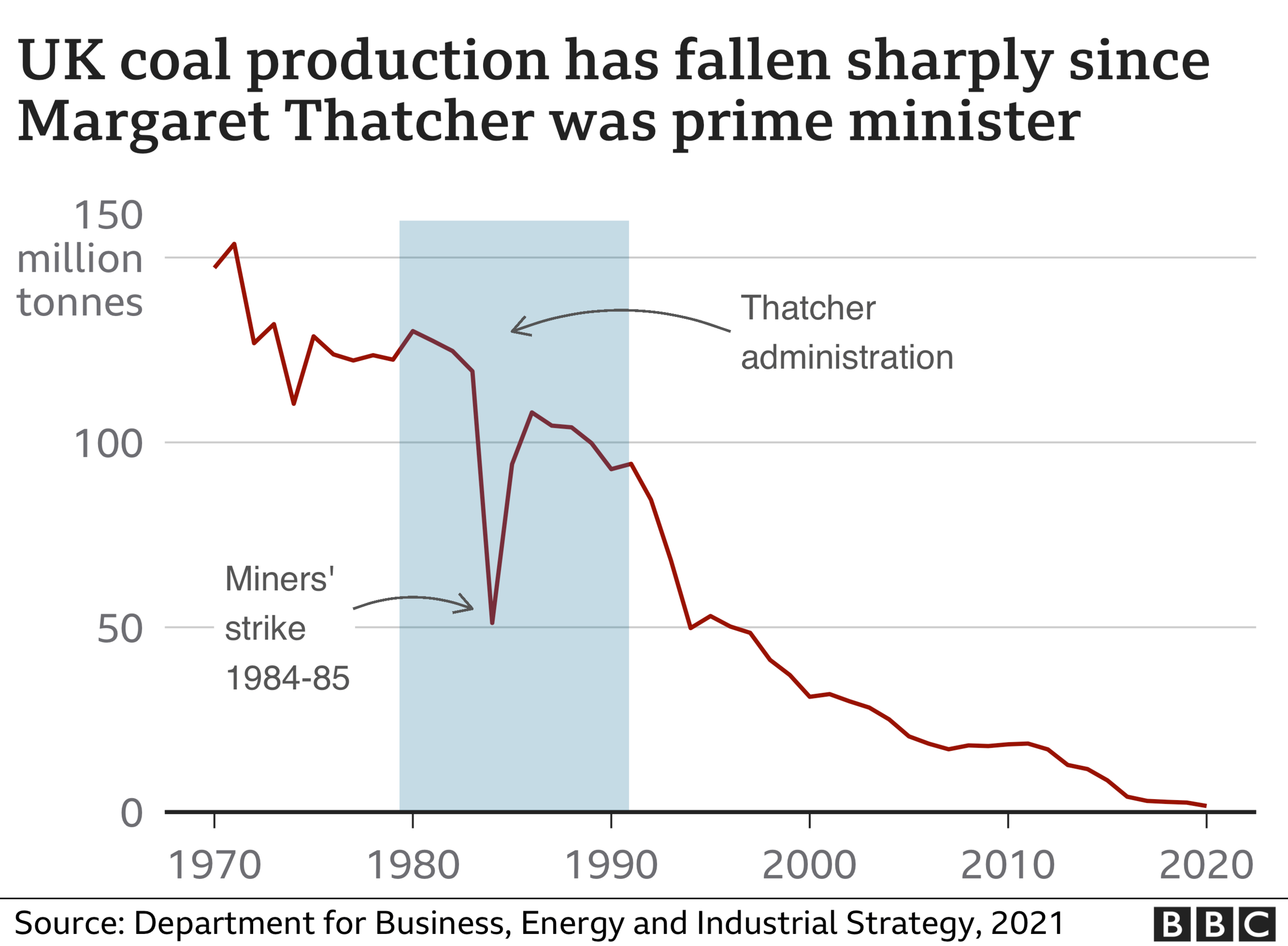

In 1984, there were 170 working collieries in Britain, employing more than 190,000 people - but by 2015, they had all closed.
Mrs Thatcher's announcement that she planned to close 20 of them, led to the year-long miners' dispute.
Millions of people protested against pit closures and throughout the summer of 1984 there were violent clashes between striking miners and police, whose numbers often ran into several hundred at each confrontation.
Violence led to widespread use of the breach of the peace charge.
'Rewriting of history'
In October, it was announced that miners convicted during the strike would be pardoned by the Scottish government following an independent review.
Grahame Morris, Labour MP for the former County Durham mining community of Easington, said: "Pushing Thatcher as some sort of eco-warrior for closing coal mines is a rewriting of history."
"Closing coal mines had nothing to do with saving the environment," he added.
"It was an assault on a way of life, on trade unions and on communities that did not fit with Thatcher's free market brand of conservatism."
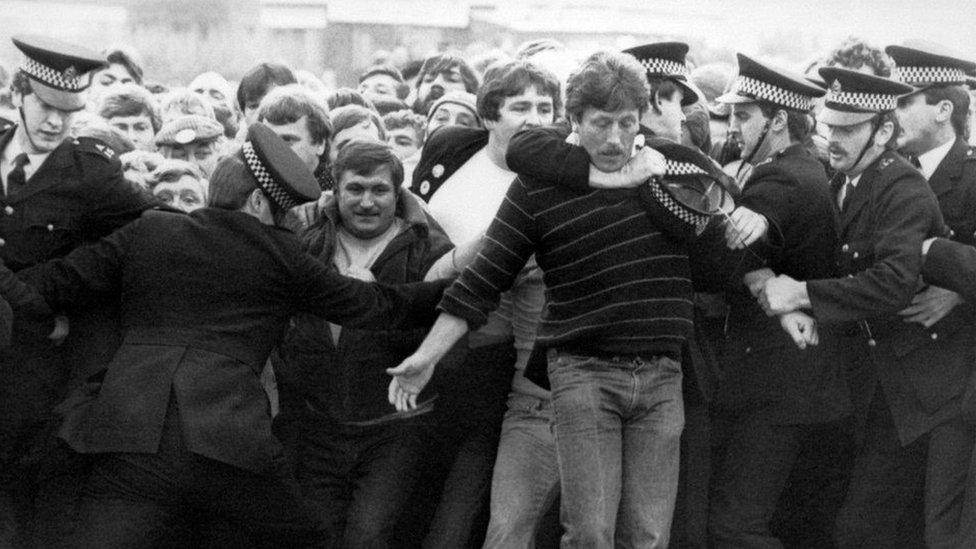
Police restrain picketers outside a pit during the miners' strike in the 1980s
Tory MP Brendan Clarke-Smith, who represents the former coal mining area of Bassetlaw, said the PM's remark had "clearly been made in jest" and was "said in the context of the move away from fossil fuels".
"That said, I wouldn't have made the joke myself, and I think we all know that when an industry closes down in a community it can have a hugely detrimental effect on the local economy," he said.
He added he found it "remarkable" that "the same people" criticising the PM were also "expecting everybody to cut out fossil fuels immediately and drive electric cars", adding: "They can't have it both ways."
Labour is opposed to the opening of new coal mines, saying they are not compatible with the UK wanting to be a world leader in reducing carbon emissions.
But Labour's Alex Davies-Jones, who represents a former coalmining seat in south Wales, said closures had wrought long-lasting economic damage on such areas and Mr Johnson's remarks were "appalling".
The MP, whose father and grandfather were miners, added: "He's clearly forgotten the devastation that these job losses caused for communities like mine".
Related topics
- Published13 June 2021
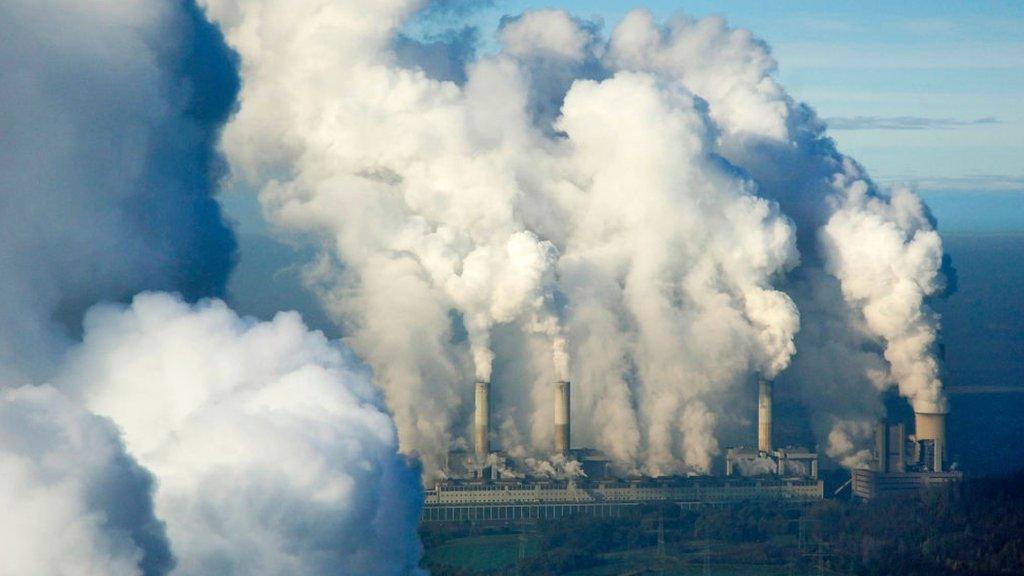
- Published27 May 2021
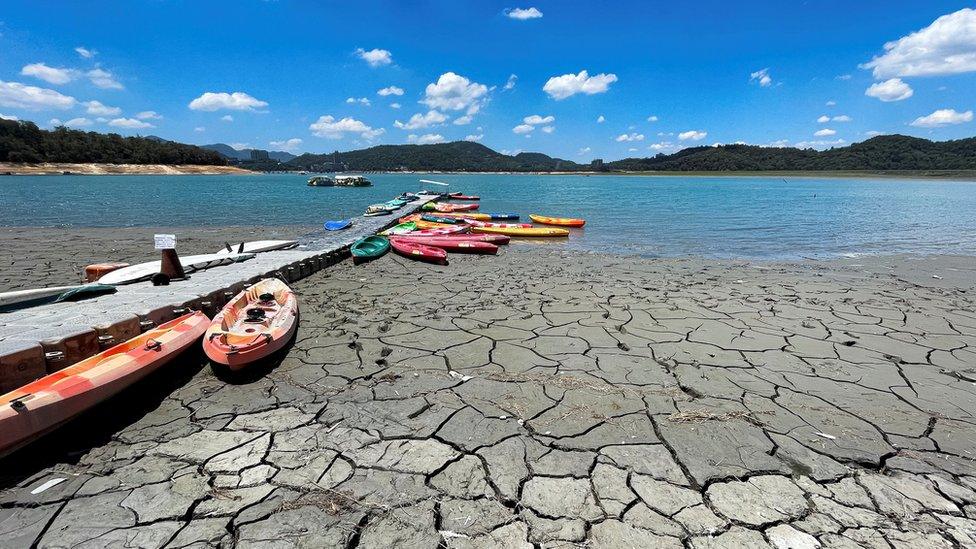
- Published14 January 2020
